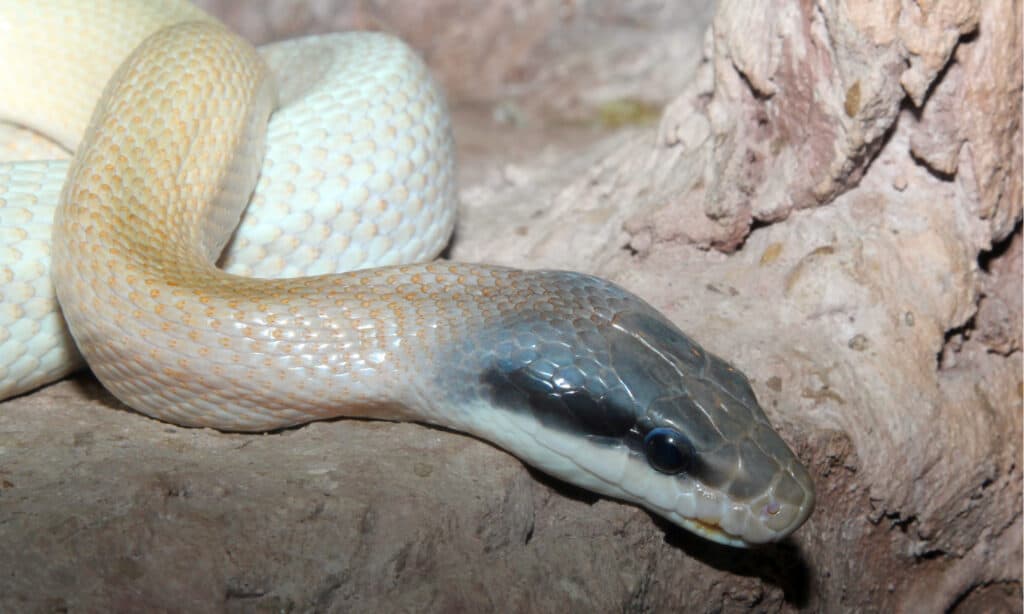Introduction
Tiger snakes (Notechis scutatus) are amongst one of the most interesting yet feared reptiles discovered in Australia. With their striking appearance and powerful venom, these snakes evoke a combination of awe and care. Observing tiger serpents in their natural surroundings can be an exhilarating experience for nature lovers, wildlife digital photographers, and scientists alike. Nonetheless, it's important to approach this undertaking with regard for the animal's habitat and an understanding of safety measures to avoid serpent bites.
In this detailed overview, we'll discover exactly how to securely observe How to identify Australia's deadliest snakes tiger serpents in their natural habitat. We will certainly cover topics varying from recognizing their habits and environments to first aid for serpent bites-- furnishing you with understanding to improve your experience while minimizing dangers.
What is a Tiger Snake?
Tiger Psychological Support snakes are very venomous serpents native to Australia, particularly Tasmania and seaside regions. They are understood for their unique grouped coloration appearing like a tiger's stripes, which can range from yellowish-brown to dark brown and even black.
Physical Characteristics
Tiger snakes are tool to large-sized snakes that can mature to 2 meters long. Their bodies are robust, and they have a wide head that is clearly broader than their necks.
Habitat Preferences of Tiger Snakes
These reptiles usually populate wetlands, tidewaters, and coastal areas but can also be found near freshwater resources like rivers and lakes. Comprehending where these serpents live is critical for anybody aiming to observe them safely.
Understanding Tiger Snake Behavior
Are Tiger Snakes Venomous?
Yes, tiger serpents are amongst one of the most venomous serpent varieties worldwide. Their venom has neurotoxins that can result juvenile eastern small eyed snake in severe clinical issues if bitten.
Behavioral Traits
Tiger serpents are normally reluctant animals; they prefer to avoid human interaction. However, they can come to be aggressive if threatened or caught.
Where Can You Discover Tiger Snakes?
Tiger Serpent Habitat Exploration
To securely observe tiger snakes in their natural habitat, it's necessary initially to recognize where they thrive. They often tend to prefer:
- Coastal marshlands Mangroves Swamps Riverbanks
Best Places for Observation
Some suggested locations consist of:
- Tasmanian wetlands The coastlines of southern Australia National parks with water bodies
Safety Preventative measures Before Observing Tiger Snakes
Understanding the Dangers of a Tiger Serpent Bite
Although encounters with tiger serpents can be exhilarating, knowing the threats included is vital:

First Aid for Serpent Bites: What You Required to Know
Knowing what steps to take if bitten might conserve your life or someone else's:
- Stay calmness; activity raises venom spread. Call for clinical help immediately. Do not apply ice or attempt suctioning.
How to Safely Observe Tiger Snakes in Their Natural Habitat
When you decide to observe tiger snakes in the wild:
Dress Appropriately: Put on lengthy trousers and strong boots. Use Binoculars: Keep a safe range while observing these reptiles. Avoid Abrupt Movements: Quick motions might alarm them. Stay on Established Trails: Stay clear of straying right into dense underbrush where exposure is low.Equipment Required for Observation
Essential Gear Checklist
- Binoculars First-aid kit specifically created for serpent bites Field manual on Australian reptiles Camera (with zoom capacity)
Snake Bite First Aid Package Essentials
A well-equipped first aid package ought to consist of:|Item|Purpose|| -------------------------------|-------------------------------|| Compression plaster|To immobilize the damaged location|| Antihistamines|For allergies|| Emergency situation contact numbers|Quick gain access to during emergencies|
Interpreting Tiger Serpent Signals
Understanding exactly how tiger serpents connect with body language assists onlookers gauge when it's safe or dangerous:
Common Behaviors
Defensive position: If coiled or raised off the ground. Retreating behavior: When they gradually retreat from potential threats.Dealing With Possible Encounters
Even with safety measures taken, an encounter may still take place throughout your monitoring trip:
Remain calmness; stressing just enhances risks. Slowly retreat without transforming your back on the snake. Make your existence known verbally yet prevent abrupt movements.Frequently Asked Inquiries About Tiger Snakes
1. What should I do if I see a tiger snake?
Remain calm; observe from a distance without troubling it.
2. Are infant tiger snakes dangerous?
Yes, adolescent tiger serpents are born venomous and may posture dangers comparable to grownups regardless of being smaller.
3. Just how typical are tiger snake bites?
While cases take place every year in Australia, deaths are rare due to timely treatment availability.
4. Can I maintain a tiger serpent as a pet?
Keeping wild tiger snakes as pet dogs is prohibited in lots of areas because of preservation laws.
5. What does a tiger snake attack appearance like?
Bite marks typically reveal two puncture injuries together with local swelling and discoloration.
6. Exactly how effective is antivenom?
Antivenom therapy is very effective when carried out timely after a bite.
Conclusion
Observing tiger serpents in their all-natural environment provides an exciting chance for wildlife enthusiasts yet should be come close to with care and regard for both the animal and its environment. By equipping yourself with understanding regarding these remarkable reptiles-- including understanding their habits and precaution-- you can appreciate memorable experiences while considerably lowering risks related to encounters.
In summary, always focus on safety by preparing effectively before embarking on any kind of wildlife observation exploration-- especially when taking care of a few of nature's most venomous animals like the tiger snake!
